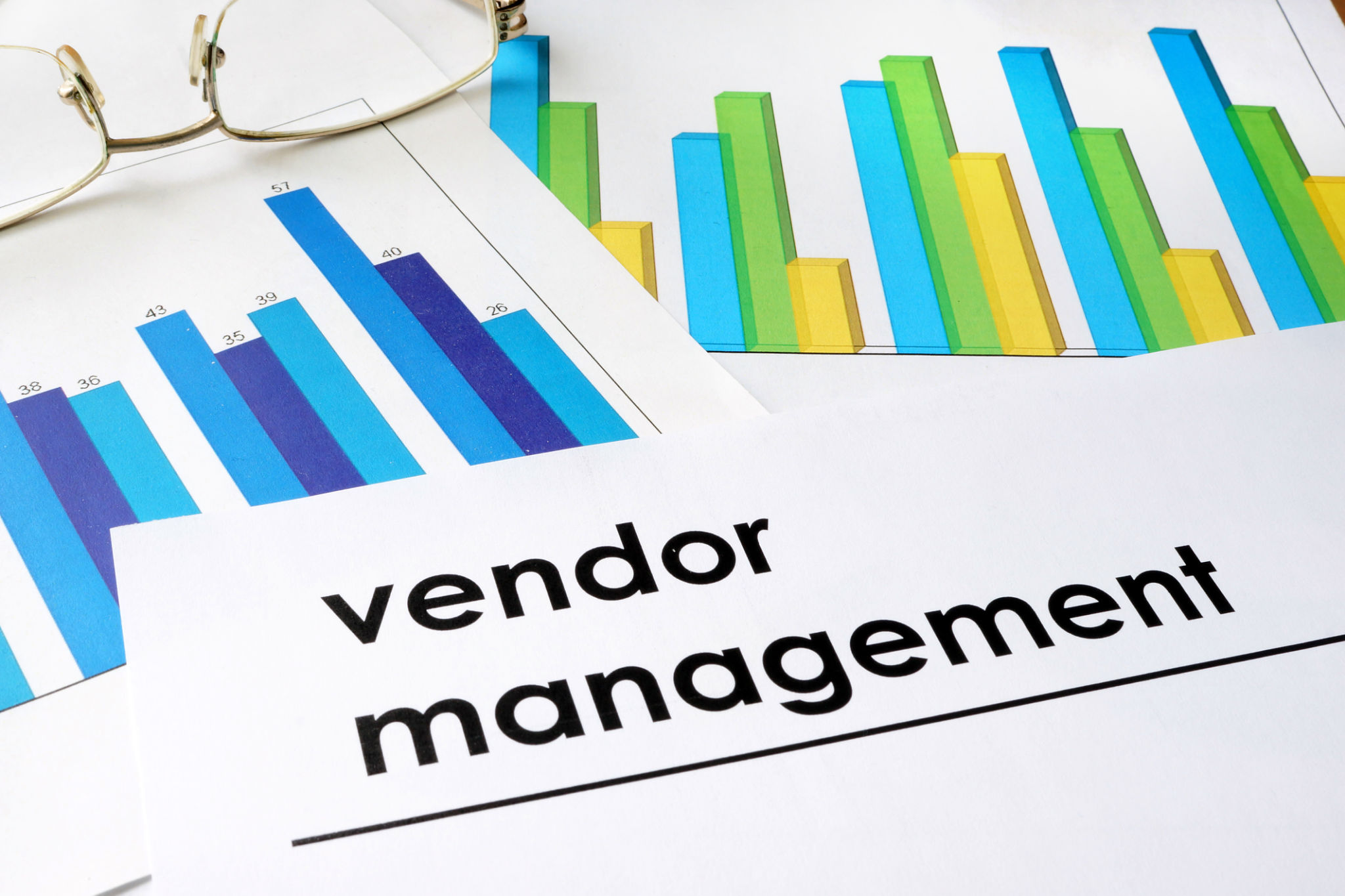Event Planning Checklist: A Step-by-Step Guide
Planning an event can be an overwhelming task, filled with numerous details that need to be meticulously coordinated. Whether it's a corporate conference, a wedding, or a charity gala, having a comprehensive checklist can help streamline the process and ensure nothing is overlooked. In this guide, we'll walk you through a step-by-step checklist to help you plan a successful event.
Define the Purpose and Goals
The first step in planning any event is to clearly define its purpose and set achievable goals. Ask yourself what you hope to accomplish with this event. Is it to raise funds, educate attendees, or celebrate an occasion? Setting clear objectives will guide the rest of your planning process and help measure success.
Identify the Target Audience
Understanding your audience is crucial for planning an event that resonates with attendees. Consider who you want to attract and what their interests might be. This information will influence everything from the venue choice to the marketing strategy.

Create a Budget
Budgeting is a critical component of event planning. Start by listing all potential expenses, including venue rental, catering, entertainment, and marketing. Allocate funds to each category and leave some room for unexpected costs. A well-thought-out budget will keep your spending in check and prevent financial surprises.
Choose the Right Venue
Your venue choice can make or break an event. Consider factors such as location, capacity, amenities, and accessibility. Visit potential venues in person to get a feel for the space and ensure it aligns with your event's theme and requirements.

Develop a Timeline
A detailed timeline is essential for keeping your planning on track. Start by setting the event date and work backward to create deadlines for each task. Include dates for sending invitations, booking vendors, and finalizing logistics. Regularly update the timeline as tasks are completed or rescheduled.
Secure Vendors and Suppliers
Vendors play a vital role in the success of your event. Research and secure contracts with reliable suppliers for catering, entertainment, decorations, and more. Establish clear communication channels and confirm all details well in advance to avoid last-minute hiccups.

Promote Your Event
Effective promotion is key to attracting attendees. Utilize multiple channels such as social media, email newsletters, and partnerships with influencers or local businesses. Create engaging content that highlights the unique aspects of your event and encourages people to register or purchase tickets.
Prepare for Event Day
As the event day approaches, conduct a final walkthrough of the venue and confirm all arrangements with vendors. Assemble an on-site team to manage different aspects such as registration, technical support, and guest assistance. Having a dedicated team ensures smooth operations on the day of the event.
Post-Event Evaluation
After the event concludes, take time to evaluate its success. Gather feedback from attendees through surveys or social media interactions. Analyze what worked well and identify areas for improvement. This evaluation will be invaluable for planning future events.
By following this comprehensive event planning checklist, you can tackle the complexities of organizing an event with confidence. Remember to stay flexible and adaptable, as challenges may arise unexpectedly. With careful preparation, your event is sure to be a memorable success.
